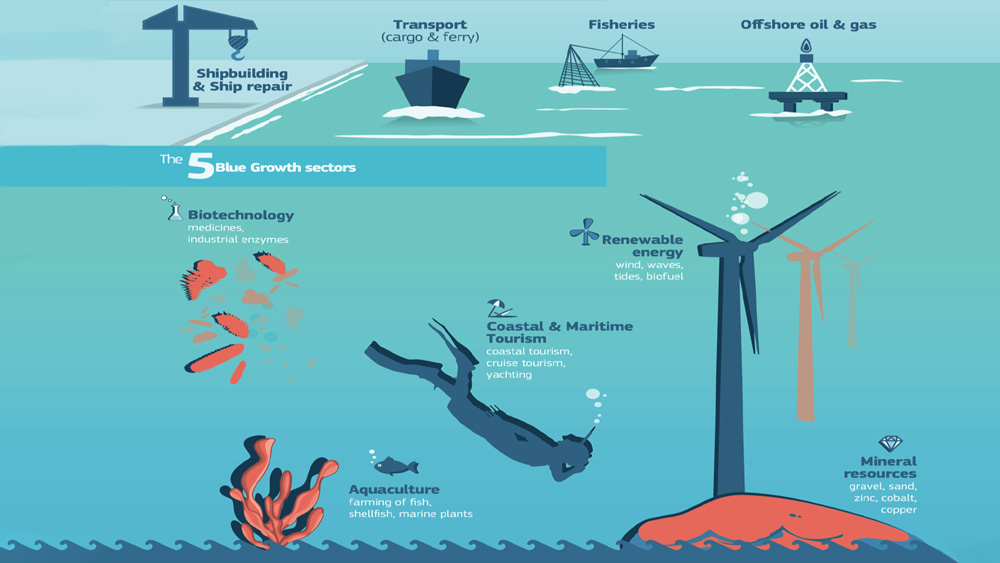The seas and oceans play a central role in shaping global trade, connectivity, and prosperity. For Nigeria, a nation blessed with over 850 kilometers of coastline, multiple seaports, and a strategic location along the Gulf of Guinea, these should serve not only as a celebration but also as a call to action. The health of Nigeria’s maritime sector is directly tied to the health of its economy.
Nigeria’s maritime industry holds enormous potential. With over 70 per cent of the nation’s imports and exports passing through its seaports, the sector should be a key driver of economic diversification and job creation. Properly harnessed, the maritime space, spanning shipping, shipbuilding, logistics, fisheries, coastal tourism, and offshore energy, could unlock billions of dollars annually, positioning Nigeria as the true hub of West and Central Africa. Yet, this potential remains stifled by inefficiency, insecurity, and policy inconsistency.
At the heart of Nigeria’s maritime challenge lies the condition of its ports. Congestion, bureaucratic bottlenecks, and dilapidated infrastructure increase the cost of doing business and erode competitiveness. While other countries have modernised port operations with cutting-edge technology and efficient customs clearance systems, Nigeria continues to grapple with delays that discourage investors and drive businesses to neighbouring ports in Cotonou, Lome, and Accra.
Equally worrisome is maritime insecurity. The Gulf of Guinea has long been a hotspot for piracy and oil theft, raising insurance premiums and deterring international shipping lines. Though recent naval interventions have reduced incidents, the persistence of insecurity underscores the need for sustained investment in surveillance technology, regional cooperation, and stronger enforcement of maritime laws.
Another glaring gap is the absence of robust maritime industrialisation. Nigeria remains heavily import-dependent in ship maintenance and repairs, with most vessels forced to go abroad for servicing due to the absence of world-class shipyards and dry docks. Developing a thriving local marit ime services ecosystem would not only save foreign exchange but also create thousands of skilled jobs.
The concept of the blue economy, sustainable use of ocean resources for economic growth and livelihoods offers Nigeria a framework for transformation. With a youthful population, rich coastal fisheries, and growing trade volumes, Nigeria can build an economy where the seas are not merely gateways for imports but engines of industrial production, exports, and innovation. However, this requires bold reforms: digitisation of port processes, strategic investments in infrastructure, incentives for shipbuilding and logistics firms, and an unyielding fight against corruption in the sector.
Nigeria must recognise that its future prosperity does not lie only beneath the ground in crude oil reserves but also across its waters. The seas, if properly managed, can be Nigeria’s next oil, fueling industries, creating jobs, and opening the country to new opportunities in global trade.
The world is sailing toward a future where maritime economies will define competitiveness. Nigeria cannot afford to lag behind. It is time to chart a course where the nation’s blue economy becomes a cornerstone of growth, resilience, and shared prosperity.





